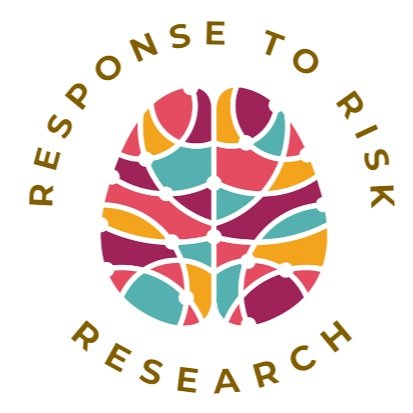Early Signs of Psychosis
Although most people think of psychosis as appearing “out of the blue,” this is uncommon. Most often, there are warning signs months or years beforehand. Early recognition provides the best opportunity for early intervention and prevention of psychosis.
At times, people describe the earliest change as having increased difficulty screening out distracting information and sensations. They may have difficulty focusing or understanding what they are hearing. Gradually, they may become confused about what is real and what is not real, or they may become mistrustful, even panicky.
Some of these early changes are not specific to psychosis. In other words, many young people with these signs and symptoms may have mental health problems other than psychosis or be experiencing a temporary reaction to stress. For those in the very early stages of a psychotic illness, however, these provide important warning signs. When several signs or symptoms occur or become more intense over time, or they arise in the context of a family history of psychotic disorders, it is particularly important to seek help early.
Examples of Early, Non-Specific Changes
Social withdrawal or isolation
Decline in functioning (at school or work, in self-care)
Depressed mood
Anxiety
Decreased motivation
Reduced concentration
Sleep disturbance
Reduced emotional expression
Problems with handling everyday stress
Impairment in personal hygiene
Other Attenuated (Mild Symptoms)
Other early warning signs are more like the positive symptoms of psychosis but are milder or more subtle. We call these attenuated (mild) psychotic symptoms.
When these symptoms have begun or become worse in the last year, research suggests that the person may be at higher risk for developing psychosis:
Suspiciousness
(e.g., Feeling increasingly uneasy around friends, family, or teachers without knowing why)Odd beliefs or magical thinking
(e.g., Feeling confused about whether a dream actually happened; Wondering whether other people might be able to read your mind; Finding meaningful connections between unrelated events; Clear and frequent déjà vu experiences or experiences of unreality)Unusual perceptual experiences
(e.g., Sounds seeming louder than usual; Seeing shadows that look like people or vague figures out of the corner of the eye; Finding that everyday noises sound like words or have special meaning)Tangential/circumstantial speech
(e.g., Going off track while speaking; Using odd combinations of words)
People Who May Be at Higher Risk for Psychosis
People who have a close relative (e.g., brother or sister, father or mother) who has experienced psychosis (e.g. schizophrenia, bipolar disorder or depression with psychosis) and who have had a decline in daily functioning (e.g., school or work functioning, social and family life, and self-care) over the past year.
People with full (rather than attenuated) symptoms of psychosis that began within the last three months but are brief and variable. The symptoms may be intense but they come and go, last less than an hour, and appear no more than a few times each week. They are not frequent or sustained enough to meet the criteria for a prominent psychotic disorder. However, these symptoms should be taken seriously so they do not become more frequent or sustained over time.



